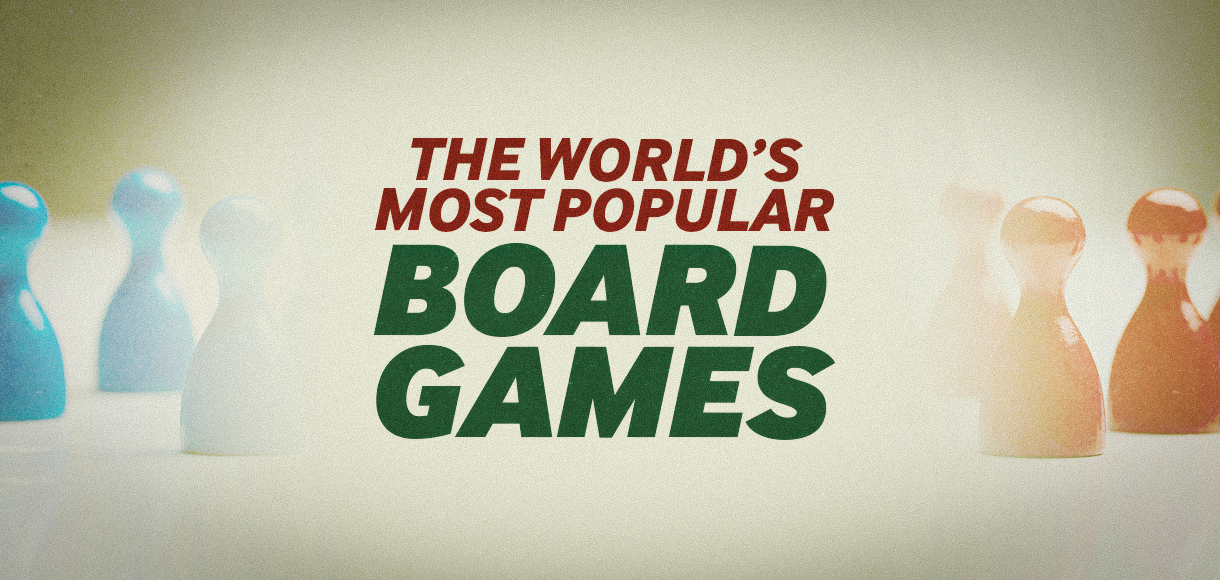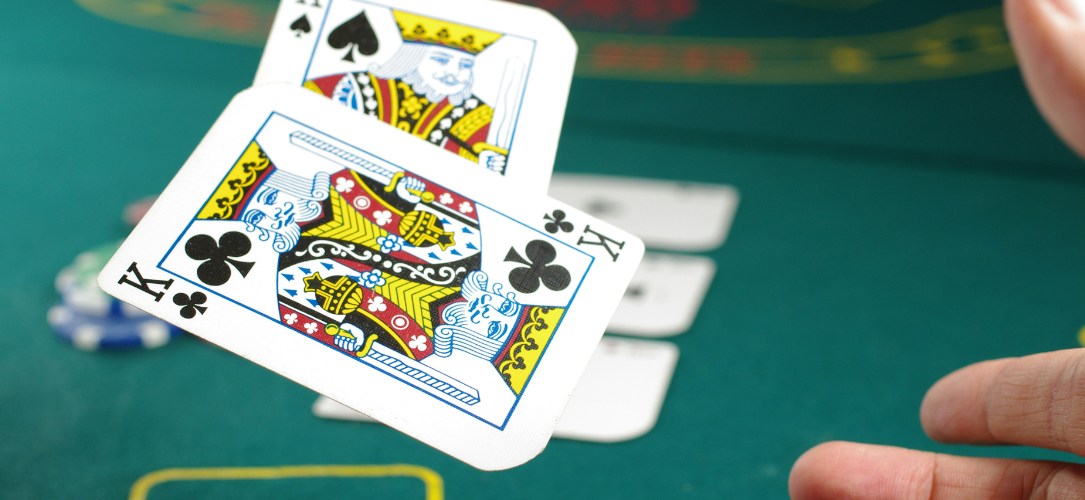Using Google data, we reveal the board games that each country has been searching most as they pass the time at home.
People have been looking for ways to pass the time over the last month or two.
Technology has helped people to stay in touch, while there have been other sources of entertainment like online casino, but there has also been a huge rise in the popularity of good old-fashioned board games.
According to Google Trends data, the term ‘board game’ was searched more often on Google in March 2020 than in any other month since records began in 2004 – excluding the occasional run-up to Christmas, when present-buying and what to do with distant relatives is a pressing concern.
That spike in search volume in March is almost double what it was in February, before most countries went into lockdown.
Which game has increased in popularity the most?

Unsurprisingly, the board game Pandemic, which requires players to eliminate diseases that have broken out in different parts of the world, has experienced the biggest surge in popularity.
Google Keyword Planner reveals that the term ‘Pandemic board game’ received 246,000 searches worldwide in March – more than twice as much as ‘Risk board game’, which was second with 90,000 searches.
The only time that Pandemic (the board game) has received even a third of that amount of searches was in 2009, during the Swine Flu pandemic.
Which board games are the most popular?

While Pandemic has experienced the biggest spike in searches, it is old favourites such as Scrabble, Monopoly and Ludo that have remained the most popular board games during lockdown.
Google Trends data reveals that Scrabble is the most searched-for game, and is particularly popular in French-speaking countries. Per capita, French-speaking islands Martinique and Reunion searched it the most, followed by France, Senegal and Canada.
Francophone Scrabble is the popular French alternative of the game, and likely accounts for those results.
In the last 14 years of the French Scrabble Championships, there have been seven different nationalities of winner – including Senegalese, Congolese and Ivorian – so its appeal is spread far and wide.
Monopoly, a favourite across Asia and Europe, was a clear second in terms of worldwide popularity, which is no surprise considering the game has been reproduced in 103 countries and in 37 different languages.
There are modernised versions, pop culture versions, football club versions and several others, which means that it is unlikely to ever grow old.
Ludo, meanwhile, was the third-most popular of the three leading games worldwide.
The game originates from Pachisi, an Indian game which has routes in the sixth century, so it makes sense that, per capita, 16 of the 17 cities that searched for it the most are in Asia, including 15 in India.
According to Keyword Planner, searches for Ludo board game rose from 1,300 to 6,600 in India from February to March, a rise of more than 400 per cent.
Which countries have searched for board games most often?
Given the most popular board games in March were invented by English speakers, it’s little surprise that they are most popular in English-speaking nations.
According to Google Trends, the UK, Canada, Australia and several smaller English-speaking regions were all among the top 10 searchers of ‘board game’ in March, per capita.
But no country dominated the numbers like USA.
The US accounted for over 50 per cent of the total worldwide searches for Pandemic board game in March and were responsible for over 40 per cent of worldwide searches for ‘board game’.

That explains why, according to Keyword Planner, games such as Life and Sorry! were both among the 10 most commonly-searched worldwide, despite the fact that they are rarely played elsewhere.
Life, also known as The Game of Life, simulates a person’s life, from childhood through to adulthood, featuring school, college, marriage and retirement. It saw 78.7 per cent of its 40,500 searches in March come from the US.
Sorry! was first published in the UK in 1929, but quickly grew to prominence across the Atlantic, with the US accounting for 61.3 per cent of its 40,500 searches in March.
How do board games compare to other forms of entertainment?
Board games are proving so popular during lockdown that, in certain countries, more people are searching for them on Google than Xbox or PS4 games.
When combining Google searches for Scrabble and the FIFA video game series on Trends in March, the board game received 80 per cent of them in Canada and 79 per cent of them in France and USA.
It was a similar story with Ludo in certain parts of Asia.
Sixty-eight per cent of the combined Google searches for Ludo and FIFA in March were for the board game in India, with 59 per cent of them going the same way in Pakistan.
As restrictions ease around the world, it’s probable that the surge in popularity for board games will slow.
But it’s clear that in difficult times, people all around the world have found comfort in the charms of these traditional forms of entertainment.























